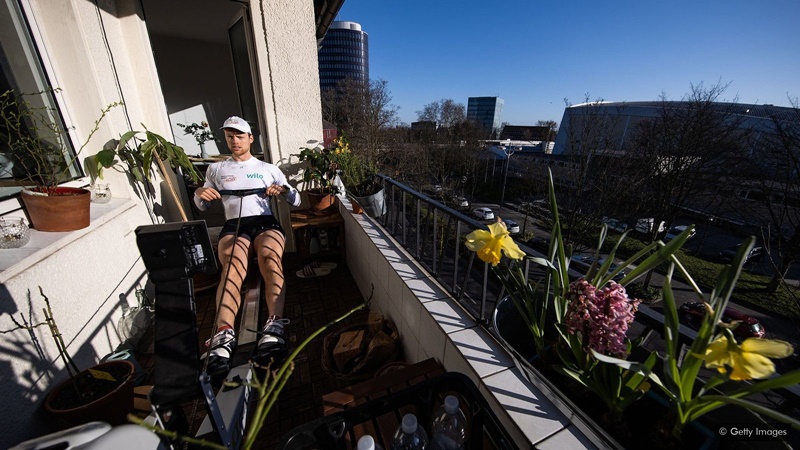Whether it’s a small balcony, a home garden, or access to a park, outdoor space has long been a luxury for many – not a given. And the pandemic’s made it even worse.
Moikgantsi Kgama has seen far too much of her apartment recently. She’s spent the pandemic inside her home in New York’s Harlem neighbourhood, an affordable housing flat which has no balcony, rooftop or private garden. A communications consultant by day and CEO of her own film company on the side, she spends her time working in a tiny home office alongside her husband, who lost his job in the concert industry when coronavirus hit. They’re also home-schooling their son, who’s developed insomnia due to the abrupt lifestyle change. Having no outdoor space makes everything worse.
“I don’t have anywhere to go, except outside into the pandemic – which feels extremely scary,” says Kgama.
Studies have long shown that access to green or open space is often linked to income, particularly in cities. Covid-19 has placed this issue front and centre: those with access to balconies, gardens or good, close neighbourhood parks have been benefiting from them during weeks of lockdown, while others have been trapped inside. Kgama says that she could walk to a park, but that would mean making her way through crowds of people gathered on the pavement to throw birthday parties. “You only see that in poor neighbourhoods,” she says. “People haven’t stopped doing that during the pandemic. I walked through one yesterday.”
Lacking that private outdoor space is something that “defines the haves and have-nots”, she feels. And there’s no guarantee living outside the city is better; poverty is rising in US suburbs and residents of emerging suburbs have some of the lowest park access in the nation.
Covid-19 has shone a harsh light on numerous inequalities in our society. Is access to green space one we can fix?
Pg 1/5
